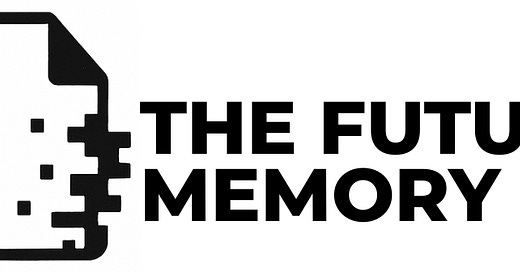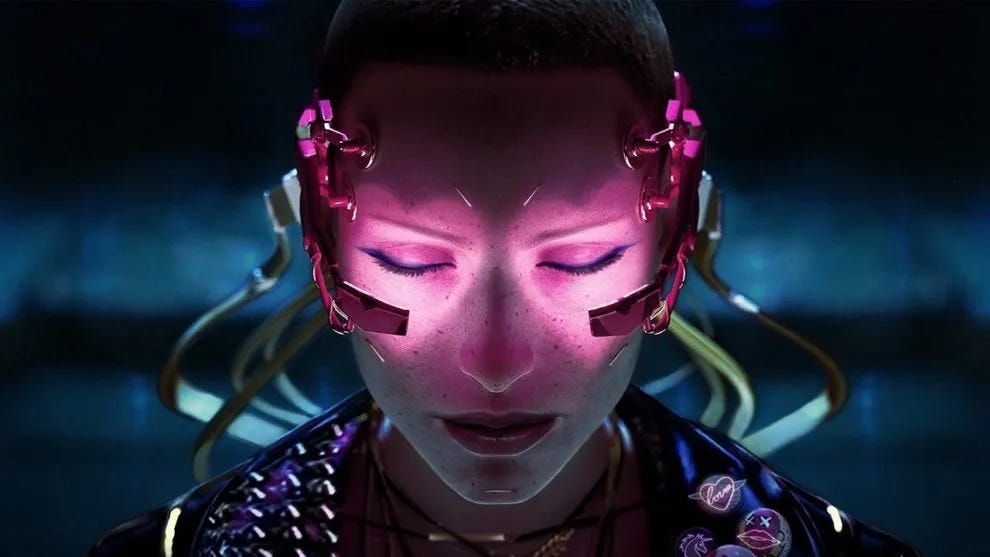When people talk about Cyberpunk 2077, they love to obsess over Braindance.
Slip on a headset, plug into someone else's life, and feel everything they felt. Live their highs. Consume their trauma. Forget your own reality for a while.
It sounds like liberation.
It is not.
Braindance is corporate memory colonization at its finest — a system where real experiences are stripped of their meaning, edited for maximum engagement, and sold back to the masses for profit.
Pain becomes product.
Joy becomes marketing material.
Identity becomes entertainment.
This is not fiction.
This is the blueprint.
Look around: Our histories are already under attack.
Our stories are being erased, rewritten, misused.
Our cultures are treated like exotic content to be packaged, repackaged, and monetized — without context, without care.
Etherith was built to fight this.
We are not here to sanitize memories for public consumption.
We are not here to edit grief into a bite-sized trend.
We are not here to let your ancestors' survival be turned into a background aesthetic.
We are building a living, breathing memory archive — one that cannot be easily deleted, manipulated, or sold.
In a world that sees memory as a product, remembering is resistance.
In a world that tries to erase you, preservation is rebellion.
This is not about nostalgia.
This is about survival.
This is about honoring every messy, imperfect, beautiful truth the system would rather you forget.
Because when you control memory, you control the future.
Etherith is the anti-Braindance.
Not escapism.
Not exploitation.
Reclamation.
We are not just remembering.
We are refusing to forget.







This comparison resonates deeply with me — it stirs the inner gamer and techie in me, while also pulling at my sense of humanity. I desperately want to find a way for emerging technology to dance freely in its innovation without sacrificing our humanity. But one underlying question haunts me: is greed and the desire for control so fundamentally human that we can’t help ourselves?